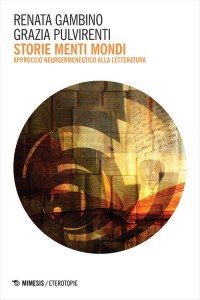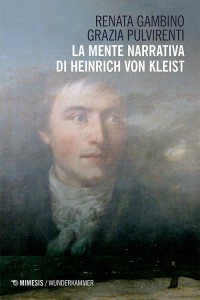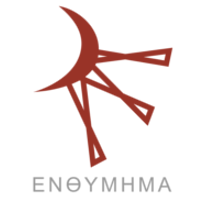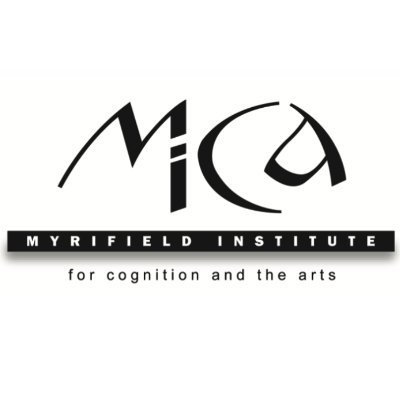Publications of the NHS Research Centre
 Renata Gambino, Grazia Pulvirenti
Renata Gambino, Grazia Pulvirenti
Storie Menti Mondi. Approccio Neuroermeneutico alla letteratura
Stories Minds Worlds. A neurohermeneutic approach to literature
Mimesis, 2018
More information about the book (in Italian)
Read an excerpt of the book (in Italian)
Through the creation of stories and fiction, the human being organizes the experience of himself and the world, his own biological and imaginary experience, his own identity. And sometimes he is inspired by beauty in the stylistic-symbolic configuration of the literary text and in its fruition. In Storie Menti Mondi, literary experience is investigated as a dynamic, physiological, emotional and cognitive phenomenon, in relation to the mental processes which generate the proprium of every artistic creation and reconfigure it in the act of reading. Starting from the linguistic, formal, stylistic and symbolic specificities of a work, neurohermeneutics allows to interpret the text as an anthropological research device, as a privileged space for a reflection on the physical, emotional and cognitive processes implied by the imagination both in the creative act and in the aesthetic fruition. From this approach, which takes into account the interaction between hermeneutics, literary anthropology, studies on cognition, embodied simulation, empathy and the neural correlates of aesthetic experience, it is possible to open new critical perspectives on the exegesis of the text, as well as in relation to the culture in which each work is inscribed, and offer new insights into the processes of the mind engaged in the creative imagination and the fruition of stories: infinite worlds, which condense and resurface from the pages, through which the human being tries to build new meanings for his being in the world, in an exhaustible tension towards beauty.
___________________________________________________________
Renata Gambino, Grazia Pulvirenti
La mente narrative di Heinrich von Kleist
The narrative mind of Heinrich von Kleist
Mimesis, 2018
More information about the book (in Italian)
Read an excerpt of the book (in Italian)
The Romantic totality is shattered in the thought of Heinrich von Kleist. For him, language collides with the consciousness of the subject, the act of thinking and acting through words. This expresses an epistemic project that concerns knowledge acquired through the poetic power of language and narration, and not through speculation. The investigation that characterizes the Kleistian work can therefore be considered as a reconnaissance of the human mind, characterized by a narrative process of experimentation with reality.
___________________________________________________________
Special Issues in the Gestalt Theory Journal
What is What? Focus on Transdisciplinary Concepts and Terminology in Neuroaesthetics, Cognition and Poetics
Was ist Was?
Transdisziplinäre Konzepte und Terminologien in Neuro-Ästhetik, Kognition und Poetik.
Guest Editors: Renata Gambino, Grazia Pulvirenti, Elisabetta Vinci.
- Notes Towards a (Neurobiological) Definition of Beauty
By: Semir ZekiPages: 107–112
- Embodied Simulation. Its Bearing on Aesthetic Experience and the Dialogue Between Neuroscience and the Humanities
By: Vittorio GallesePages: 113–127
- Cognitive Contagion: Thinking with and through Theatre
By: Amy CookPages: 129–140
- Empathy or Empathies? Uncertainties in the Interdisciplinary Discussion
By: Andrea Pinotti and Massimo SalgaroPages: 141–158
- Empathy in Modern Drama: Bertolt Brecht’s Threepenny Opera
By: Elisabetta VinciPages: 159–171
- What, If Anything, Is Linguistic Creativity?
By: Alexander BergsPages: 173–183
-
Neurohermeneutics A Transdisciplinary Approach to Literature
By: Renata Gambino and Grazia PulvirentiPages: 185–200 - Representation and Immersion. The Embodied Meaning of Literature
Pages: 201–215
- Bridging Heterodox Views on Language and Symbols: Gilbert Durand’s Imaginaire and Mark Johnson’s Image Schemata
Pages: 217–230










